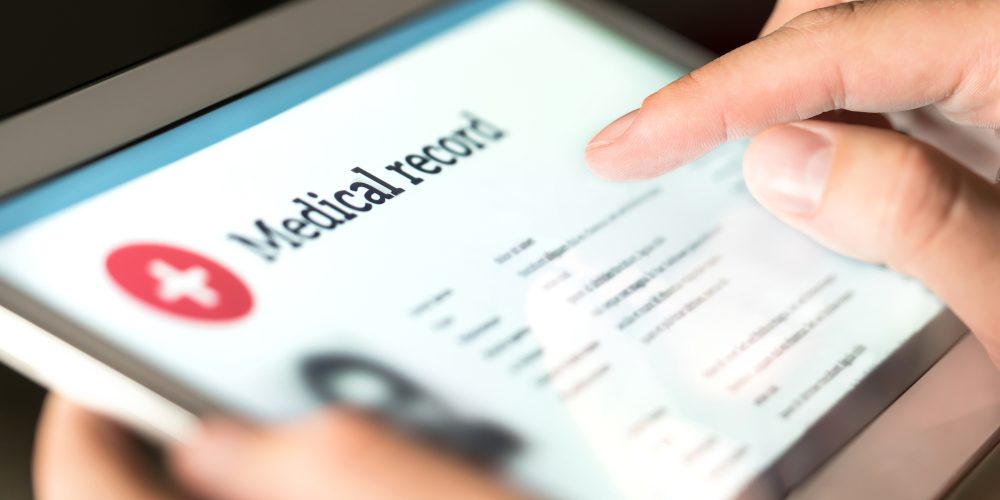If you are running a care home or any other assisted facility for seniors, chances are that your caregiving staff is helping the residents with medication administration. Although medicines can’t be avoided, having too many medications can be risky for seniors. Here are a few risks of medications that care workers should know about:
- Interactions between drugs: If a senior resident is suffering from several medical conditions, he or she may be prescribed several medications. In some cases, the side effects of drugs are misdiagnosed as symptoms of another medical problem. This further leads to further prescriptions of additional drugs. This problem is often referred to as a prescription cascade. The best way to avoid this is by detecting adverse drug reactions early on. Proper drug knowledge and regular drug awareness training can help the care workers spot the signs of prescription cascade and raise the issue with relevant doctors.
- Different doctors prescribing different medications: Often elder residents at care homes are seen by different doctors for different health reasons. And because of the involvement of different healthcare professionals, there are high chances of miscommunication. For example, the chances of one doctor prescribing an elderly patient a particular medicine that adversely interacts with other medications are high. In such cases, having electronic medical records of seniors can help the care workers provide accurate and up-to-date and complete information to different healthcare professionals.
- Doctors don’t catch everything: All the health professionals, including doctors, nurses and care workers, are responsible for the overall well-being of the patients. Sometimes doctors can miss out on some side effects and misconstrue them as symptoms. Proper drug training of care workers can help them spot the wrong drug combination and inform the doctors accordingly.
How can care homes avoid it?
If you are a care home manager, proper tracking of prescription drugs can allow your caregiving team to streamline the medication administration process as well as record the medical history of all the residents at one place. For easy access to complete records of a resident’s medical journey, many care homes in the UK have switched to eMAR, a handheld electronic medication administration record system, that can be used on tablets and Android smartphones. The electronic MAR sheets allow care homes to streamline the medication administration process, thus reducing the risks associated with the use of too many medications.







